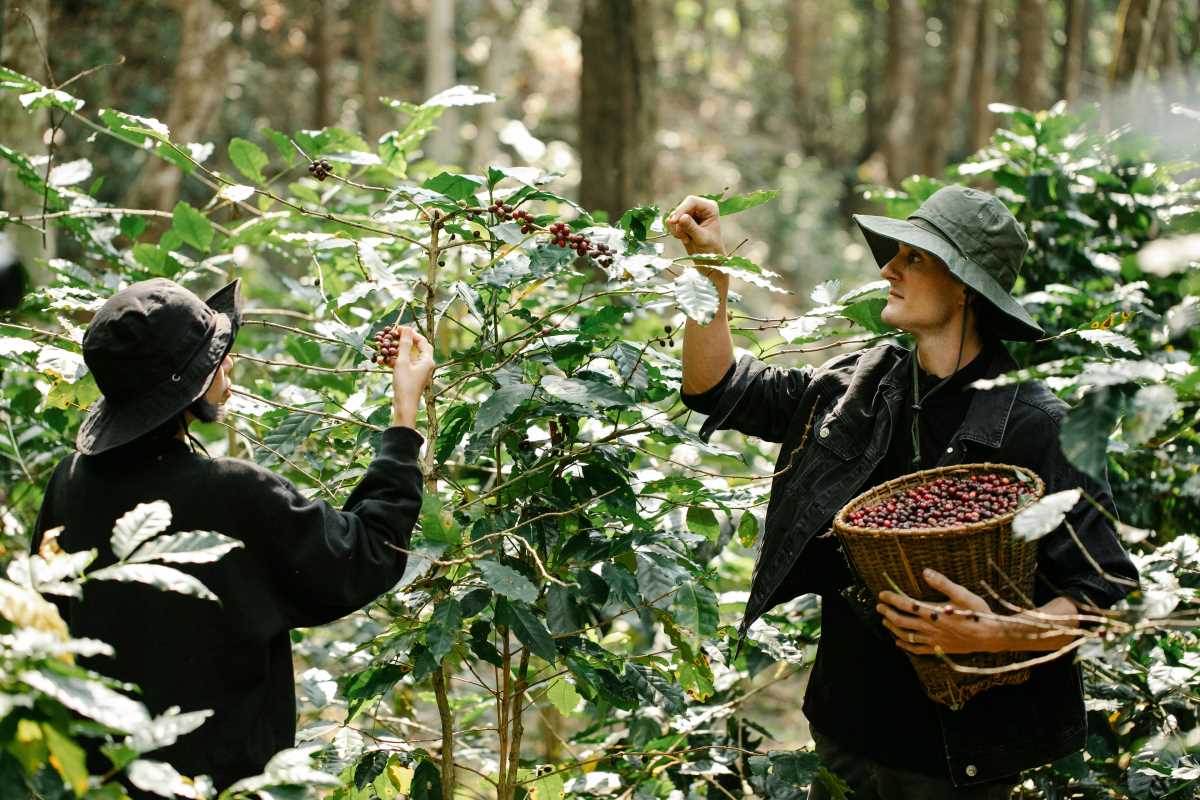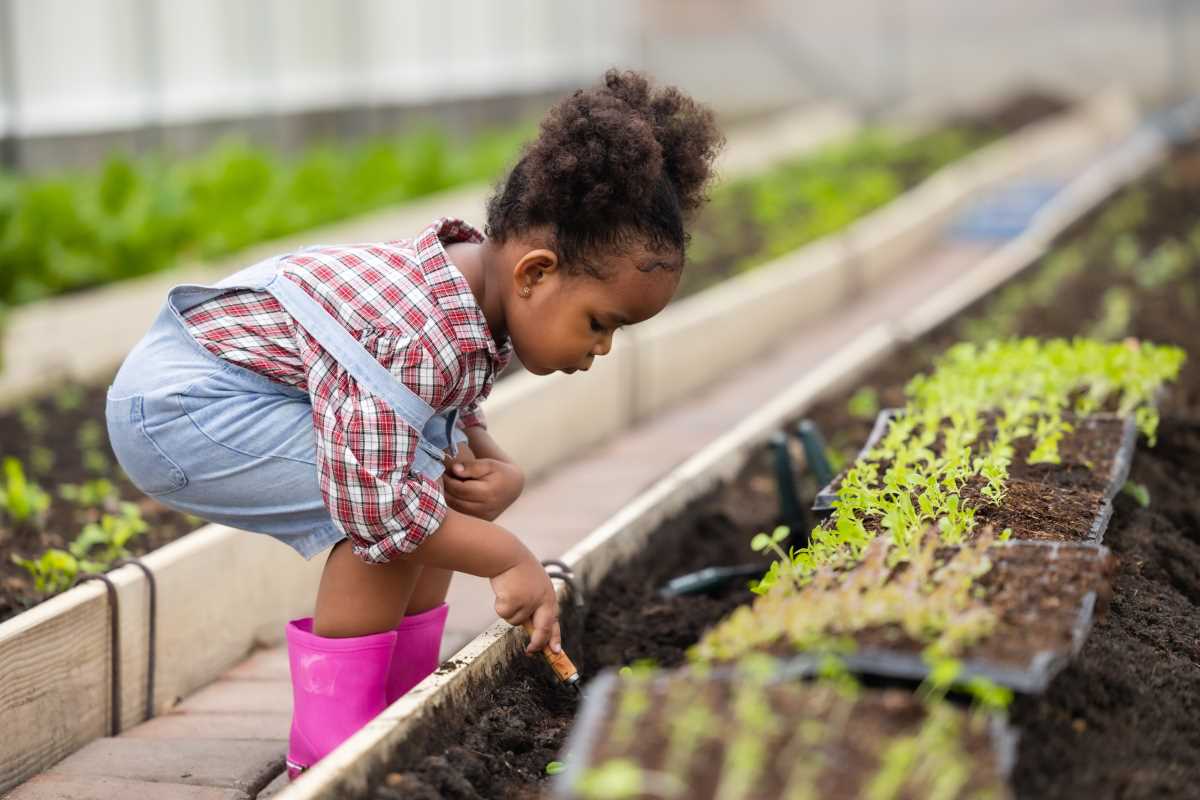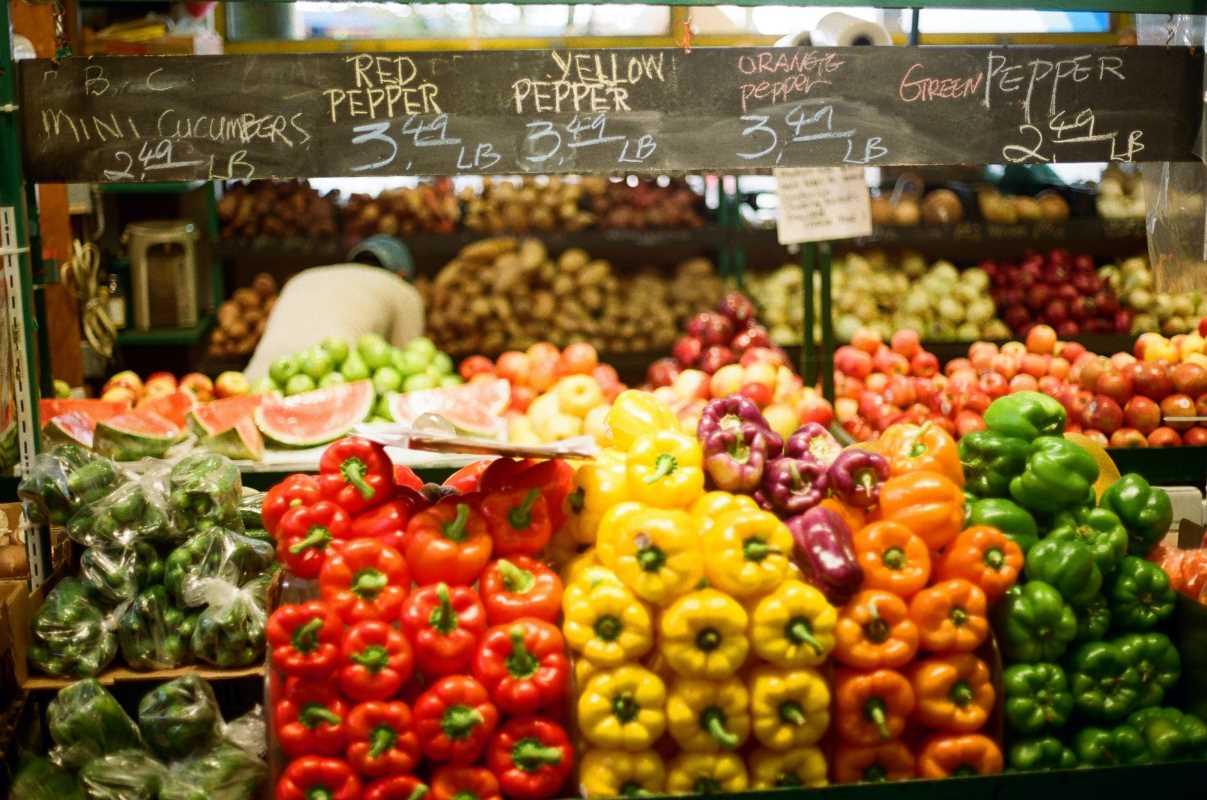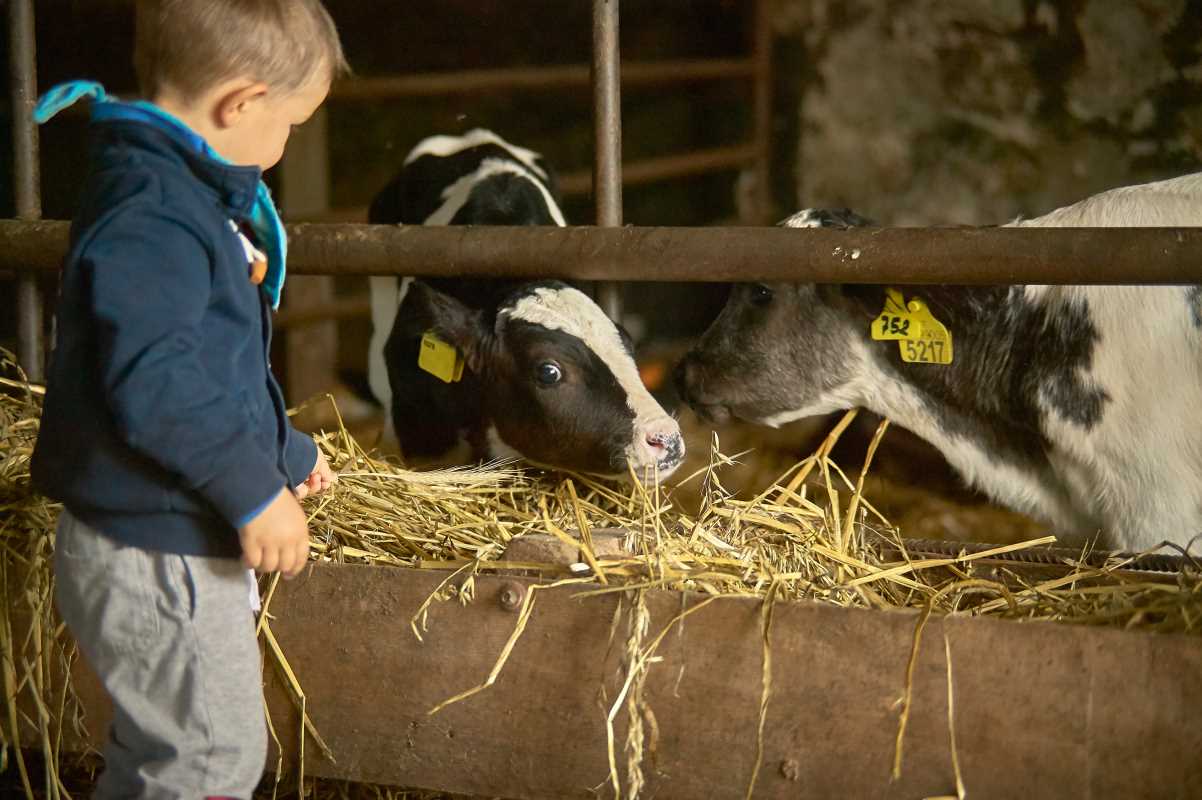Young people find excitement and purpose in agricultural clubs, where hands-on activities and teamwork bring farming to life. Members spend time outdoors, care for plants and animals, and build friendships while working together on meaningful projects. Through shared experiences, they discover how to grow food and make a positive impact in their neighborhoods. Participation in these clubs helps individuals learn valuable skills, appreciate the importance of sustainable practices, and see the results of their efforts in real time. By joining these groups, members play an active role in supporting local agriculture and building a stronger sense of community.
Exploring these clubs can open up a wealth of experiences. They not only teach valuable agricultural practices but also emphasize teamwork and personal growth, offering members a chance to see firsthand how food moves from the earth to the table.
Exploring the Role of Youth Agricultural Clubs
Youth agricultural clubs bring together young people who share a passion for growing food and working with the land. These groups create a space where members can learn about eco-friendly farming, animal care, and the benefits of fresh produce. The clubs encourage members to experiment with innovative farming ideas while nurturing a sense of responsibility.
Often hosted on wider expanses of land, the clubs offer practical workshops, hands-on projects, and opportunities to collaborate on community farms. The experience is crafted to blend education with real-world agricultural practices that support local food ecosystems.
Key Benefits of Participation
Joining a youth agricultural club introduces members to a host of advantages that enrich both personal skills and community life. The benefits include:
- Practical Learning: Members gain hands-on experience with modern and traditional farming techniques that translate into valuable life skills.
- Healthier Living: Learning to grow food promotes healthier eating habits and a deeper understanding of nutritional sources derived straight from the land.
- Environmental Awareness: Participants learn how sustainable practices help conserve natural resources and preserve ecosystems for future generations.
- Teamwork and Communication: Working in groups to cultivate land builds social skills, encourages clear communication, and strengthens relationships.
Each benefit is designed to nurture the growth of confident, informed individuals ready to take active roles in their communities. These clubs combine fun experiences with opportunities to practice responsibility on a real scale.
The focus on practical learning ensures that members leave with a toolkit of skills that they can apply well beyond the club environment, benefiting both personal projects and broader community initiatives.
How Clubs Support Local Food Production
Youth agricultural clubs work directly to boost local food production through innovative, community-driven projects. The groups help bridge the gap between rural farming practices and modern sustainable methods while inspiring a proactive approach to cultivating food locally.
By focusing on current agricultural needs and combining traditional methods with youthful creativity, these clubs create practical connections between the land and urban consumers. They also encourage self-sufficiency and resilience in food systems.
- Collaborative Farming Projects: Members work together on community gardens and local farms to produce crops for area markets.
- Educational Workshops: Clubs organize sessions where experts share techniques on soil health, composting, and crop rotation.
- Farm-to-Table Initiatives: By connecting directly with neighborhood food hubs, clubs help reduce transportation costs and encourage fresh, local produce consumption.
- Innovative Technology Use: Young members experiment with modern tools and techniques to improve yield and resource management.
These organized activities help members understand and influence local food systems, ensuring that fresh produce is available directly from the land where they live. The efforts contribute to a vibrant, sustainable food network that benefits all involved.
Participating in these projects creates a hands-on educational environment that strengthens ties between local growers and community members while making fresh food more accessible.
Building Skills and Community Connections
Joining these clubs boosts technical know-how and personal confidence. Youth learn practical tasks such as planting, harvesting, and animal care, which build a wide range of skills crucial to both agriculture and everyday life.
By working together on common goals, club members establish lasting friendly bonds. They build networks that extend well beyond the farm, bringing together diverse community members interested in sustainable living, innovative farming practices, and quality education. The shared experiences foster a healthy community spirit that benefits everyone involved.
Tips for Joining or Forming a Club
Start by researching local clubs at community centers or schools—most welcome newcomers, even beginners. If you’re creating a club, gather others who share your interest and start with regular meetups. Assign roles to keep things organized as your group grows.
Partner with libraries or colleges for workshops, and connect with local farmers for hands-on learning. Set clear goals and a flexible schedule, reviewing progress regularly to stay on track.
Youth ag clubs offer real skills, teamwork, and connections that support personal and community growth. Each project builds valuable experience for everyone involved.
 (Image via
(Image via





